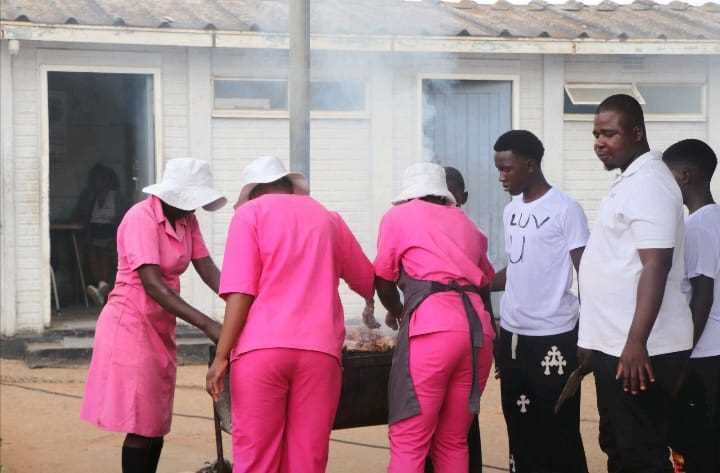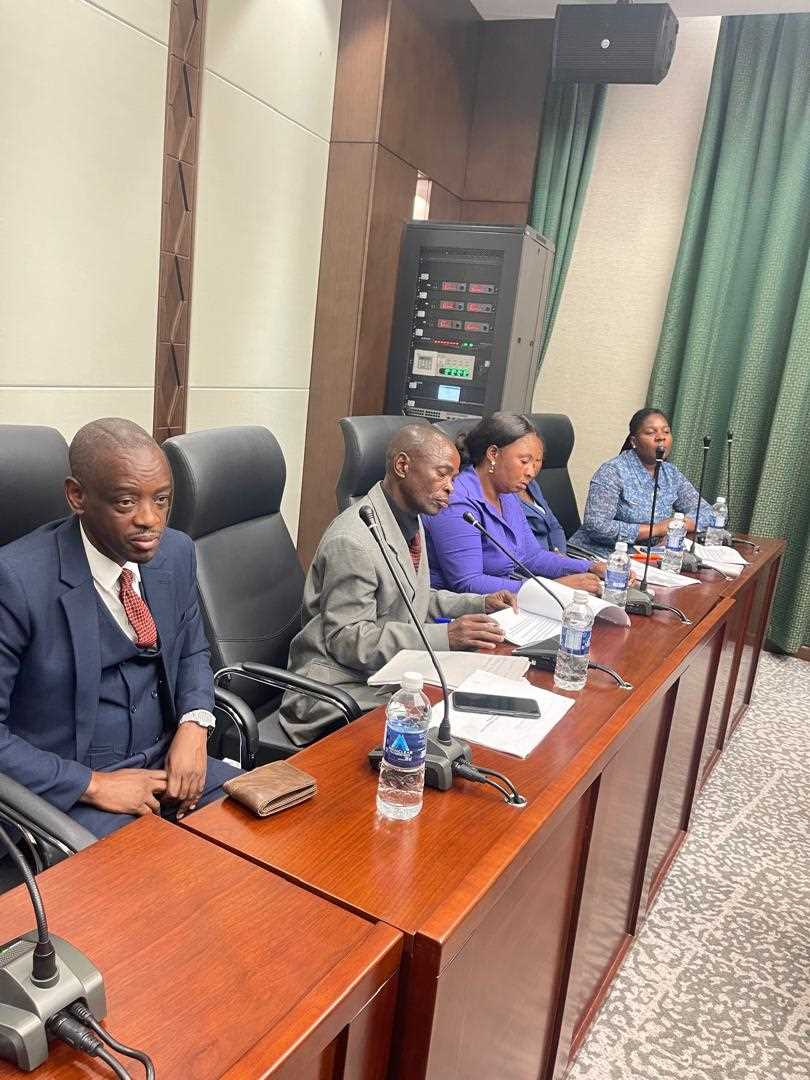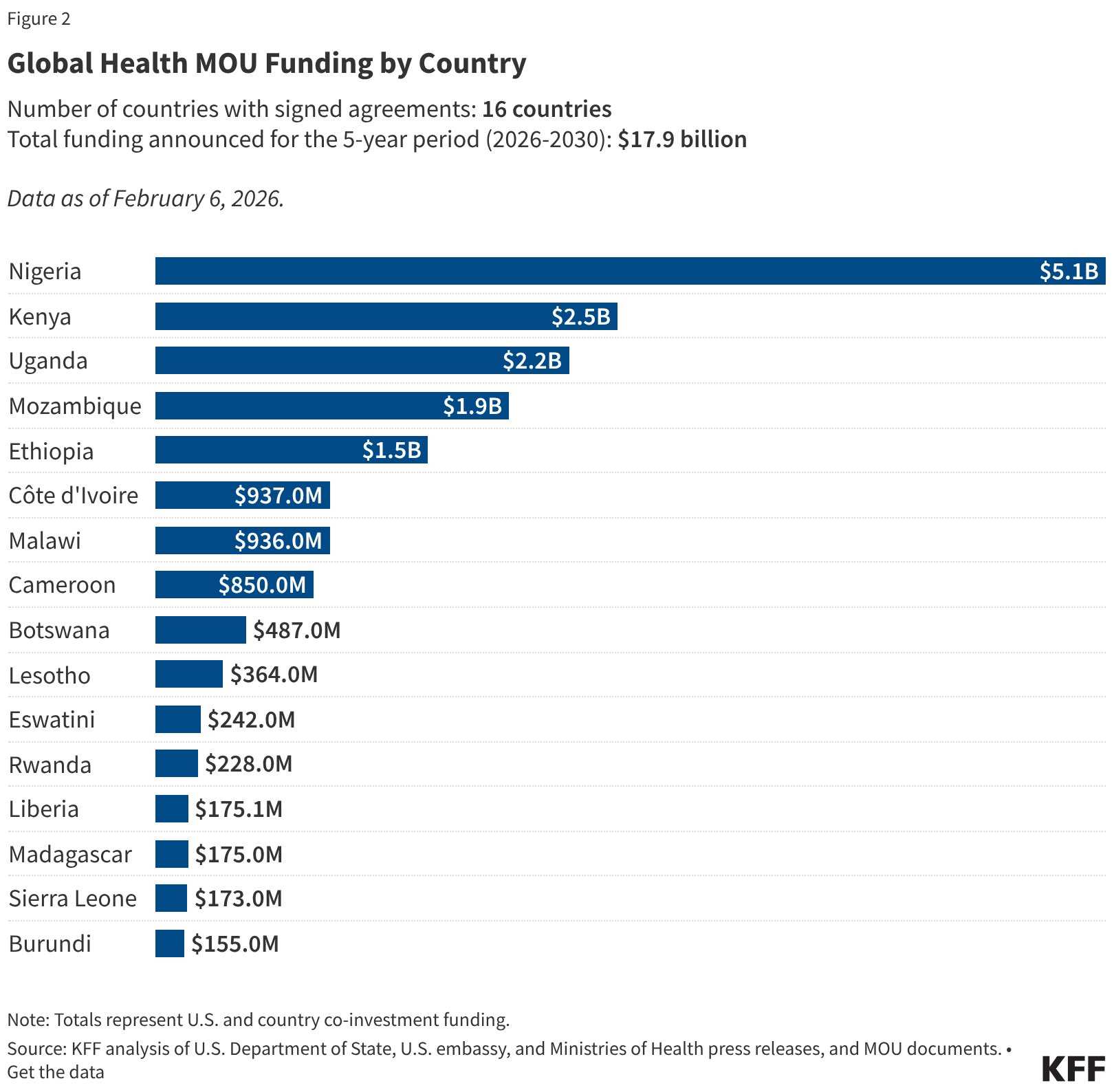
Monica Cheru
US Ambassador Pamela Tremont's comments on Chinese investment in Zimbabwe warrant examination. And action.
Let’s start with analysis of Chinese investment impact on ordinary people:
Electricity Generation- While the Kariba upgrade has been affected by low water levels in the dam to deliver to full potential, the extension of the Hwange Thermal Power Station has been pivotal in stabilizing electricity supply. Yes, we have power cuts, but without Chinese intervention in electricity production, the situation would be dire. In contrast The Batoka Gorge project in which American company GE was involved has stalled with Zambia citing procurement irregularities.
Travel and Tourism- Chinese funding allowed Zimbabwe to upgrade its airports. Victoria Falls is now a direct international destination boosting tourism. The Robert Gabriel Mugabe International Airport upgrade jumps up handling capacity from 2.5 million to 6 million passengers annually.
This is boosting an industry that practically died after the US and its allies delivered a killer blow by declaring Zimbabwe an unsafe destination and thousands of jobs were lost.
Education Infrastructure: Chinese companies have built classroom blocks, staff accommodation and are supporting schools in many other ways. The US is just good at taking the cream of the country and offering them scholarships at their institutions and programmes like the Mandela Washington Fellowship which is structured to train future leaders of Africa into US worshipping robots.
Water Access: The Chinese Embassy undertook to drill hundreds of boreholes over the past few years with mining companies also coming in. These have directly provided clean water to communities in arid regions like Masvingo addressing a critical public health issue and enhancing living conditions. The US has carried out similar initiatives but in no way can claim to have done better than China or any of the other nations also chipping in where they can.

Food Aid Initiative: During periods of drought, China has donated aid including tonnes of rice. In 2024 companies like Kamativi Mining Company and Sabi Star Lithium Mine procured maize to assist the most vulnerable households in the communities they operate in. The Chinese companies have also introduced nutrition gardens and initiatives like agriculture shows. Same as USAID sponsored ones, such programmes complement government effort.
Job Creation: The claim by Tremont that Chinese investment only creates low-quality jobs is an outright lie. While it is true that many laborers are employed in construction and mining, there are also numerous high-quality job opportunities created:
Projects like the Kariba South Power Station upgrade and various lithium mining ventures have engaged Zimbabwean engineers and geologists at competitive salaries, allowing them to gain valuable experience and expertise.
There was even a headline in a local newspaper a couple of years ago saying to the effect that Chinese companies were flaunting USD salaries at a time when salaries were low.
This was after a Chinese enterprise job fair attracted thousands lining up for over 750 vacancies which were mostly for skilled workers.
All large Chinese mines operating in Zimbabwe have locals in senior management.
In addition, Tremont knows that one of the complaints against these mines by locals in the areas they operate in is actually that the low paying jobs -that she is so patronising about- are being given to outsiders.
Meanwhile, Tremont's high praise for Zimworks is laughable. Zimworks, while commendable in principle, operates on a scale so small that its impact pales in comparison to the seismic contributions of Chinese investments.
Attempting to draw equivalence is intellectually dishonest and betrays a lack of understanding of the scope of Zimbabwe's challenges.
Economic Contribution Chinese investments into mining and other industries contribute significantly to foreign exchange earnings, import substitution thus supporting Zimbabwe's broader economic recovery efforts.
The lithium sector, in particular, is positioned to enhance Zimbabwe's role in the global green energy market as demand rises.
Manhize, once fully operational, is set to be a game changer as massive steel production will not only mean downstream and upstream opportunities, it will also greatly impact on the construction industry and Zimbabwe’s exchange books.
Needless to say, there is no US presence in any meaningful way in Zimbabwe’s economy. Instead the US is busy sponsoring shady organisations advocating for derailment of progress by creating discontent.
Chinese impact is there for all to see
These initiatives, while not exhaustive, reflect measurable positive impacts of Chinese presence on Zimbabwean communities.
This leaves one wondering if Tremont could really be blind to such obvious things or if she thinks she can fool all Zimbabweans into believing her highly provocative propaganda, surely aimed at inciting xenophobia against Chinese citizens in Zimbabwe
Addressing U.S. Ethical High Ground
Tremont's claims about U.S. investment superiority overlook troubling issues associated with U.S.-backed projects.
Related Stories
Recent controversies surrounding carbon credit schemes led by U.S. firms highlight ethical lapses that undermine claims of superior practices.
Kenneth Newcombe, CEO of CQC Impact Investors LLC which operated in Zimbabwe faces serious fraud charges related to carbon credit misrepresentations.
Such scandals raise questions about the integrity of U.S. investment initiatives in Zimbabwe when Newcombe’s company is a tale of greed, exploitation and ruthless disregard for local communities.
Should ever more US companies come into Zimbabwe, we can expect more of the same chicanery as that practised by Newcombe as they look to literally make a killing by exploiting the poorest of the poor.
Sanctions and corruption are Siamese twins
Critics like Tremont often ignore the impact of US and EU sanctions on Zimbabwe's economy. These sanctions have severely limited international trade and access to financial systems.
The directly exacerbated corruption as sanctions busting measures created loopholes for siphoning off of public funds.
It also gave government a ready-made excuse for any and all ills instead of acknowledging where there is genuine failure of leadership.
US drove Chinese investment into Zimbabwe
But most of all, sanctions created a situation whereby desperate Zimbabwe looked East and Chinese investments stepped in where Western investors withdrew, providing much-needed capital and technology during challenging economic times.
This partnership has been crucial for stabilizing key sectors like mining and energy, defeating sanctions.
So it is clear that Tremont is chaffing at the fact that sanctions failed to break Zimbabwe and instead drove it into a strong partnership with China.
We all know that the US wants in on Zimbabwe’s new energy resources. One just has to look at the US Critical Minerals Act of 2024 to get the picture.
Add the fact that the Zimbabwe Investment Development Authority has recorded applications by US companies to mine lithium in Zimbabwe, it is clear that the US wants to muscle out China. Zimbabweans and their rights and aspirations are irrelevant to Tremont and her government.
Systems must be fixed
One cannot engage in this discussion without acknowledging that indeed problems do exist.
What is important is that the challenges within Zimbabwe’s mining sector be not labelled Chinese issues, but be treated as indicative of broader systemic problems.
There is need for strong and effective environment and labour laws as well as standards for community involvement in new projects.
But these are issues that Zimbabweans should fix for themselves through the Legislative and not a point for Tremont and others of her ilk to hang their national propaganda peg on.
Last but not least, funny enough, Ambassador Tremont's criticisms fails to touch on why the US’s donor system-often publicized with much fanfare, has a limited footprint in communities it claims to serve.
Decades of USAID presence have done little to fundamentally alter poverty in rural Zimbabwe. The areas they target remain poor, a stark testament to the inefficacy of their "millions in aid."
The unwarranted attack on China coming so soon after Tremont’s stunt on the 2024 Anti-Sanctions Day when she clandestinely took over all Zimpapers websites with her propaganda campaign, seems to signify that she is itching for a confrontation.
Perhaps this is the perfect opportunity for Zimbabwe to indulge her by demanding she cleans up her act, learn some respect or be returned to sender.



















Leave Comments